On curiosity, education, & privilege
 Wednesday, September 2, 2020 at 4:03 PM
Wednesday, September 2, 2020 at 4:03 PM by Kayce Stevens Hughlett
“One of the things I’ve observed in education — and this is something I don’t feel like it’s talked about a lot — is that learning can be really, really upsetting. And I do think that it’s fair to expect that in a conversation that’s as difficult as this, there will be flashes of defensiveness, of anger, of bitterness, of ferocious resentment. And that I guess the space has to contain that.” Eula Bliss interview with Krista Tippett, On Being
In early June, I made a public commitment to increasing my awareness and actions on behalf of anti-racism and social justice. As they say, better late than never. Since that time, I've been thinking, reading, listening, and pondering a lot! I've also received pushback from more conservative readers and peeps compelled to express their difference of opinion on my social justice views. Awesome! I love a good conversation even though it can be uncomfortable. I keep hearing my hero, Brené Brown sign off of her outstanding podcast, Unlocking Us, with her signature ending: "Stay awkward, brave and kind." Deep breaths. That's my goal.
In an Instagram post I shared,
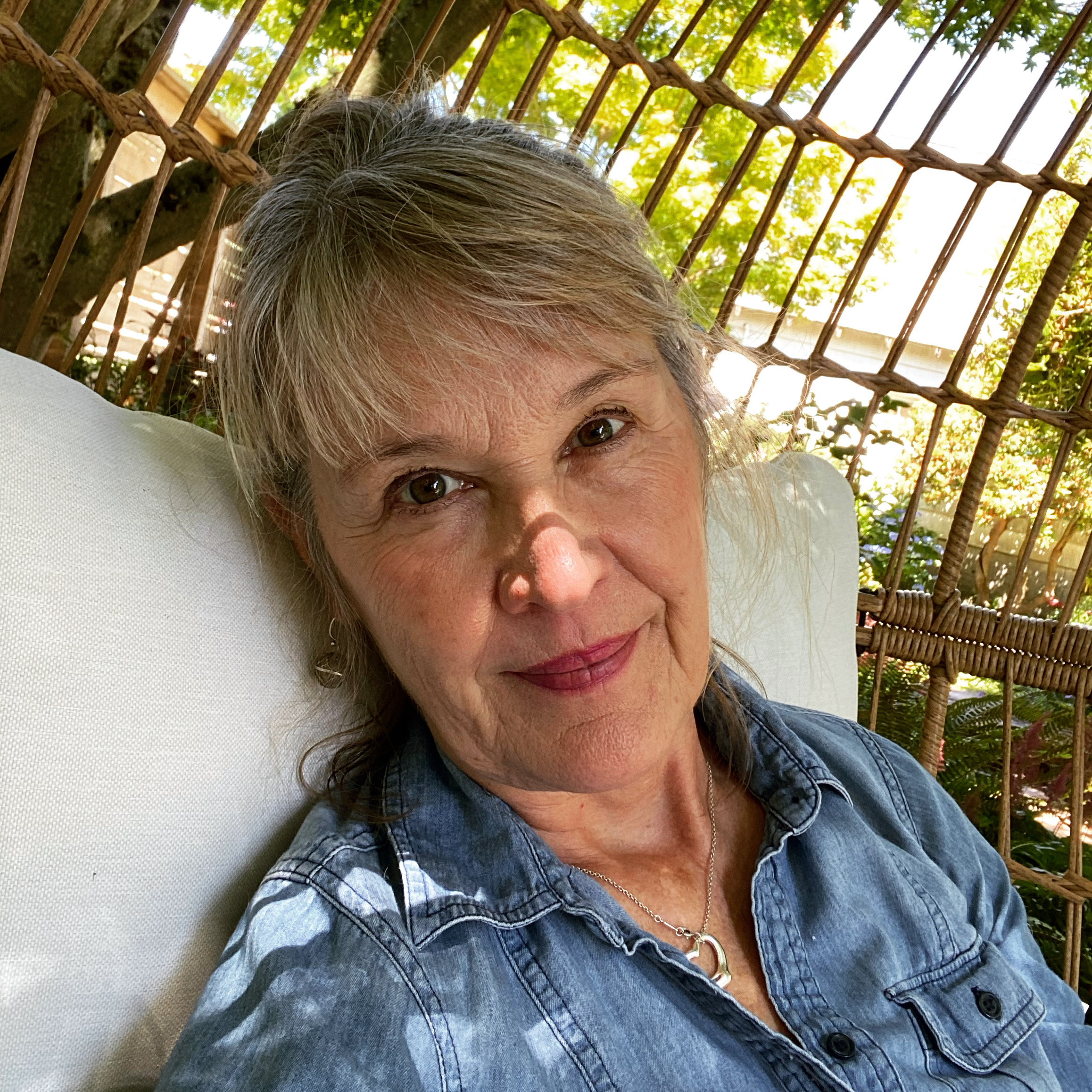 This is the face of an #ally. A life long learner. Someone who’s willing to risk making mistakes and share what she’s learning and #advocate for others. I believe in love and the light that lives within each of us. I believe that action is fundamental to change. I know I was born into a life of privilege and I believe that until #blacklivesmatter we are diminishing the wholeness of what the entire world is capable. I research. I write. I blog. I share. I care. #joinme
This is the face of an #ally. A life long learner. Someone who’s willing to risk making mistakes and share what she’s learning and #advocate for others. I believe in love and the light that lives within each of us. I believe that action is fundamental to change. I know I was born into a life of privilege and I believe that until #blacklivesmatter we are diminishing the wholeness of what the entire world is capable. I research. I write. I blog. I share. I care. #joinme
One person, who I originially met in college, pushed back with a response that stated how she "refuses to apologize" for her “upbringing or values.” She went on to write (among other things) that “The lack of family unit is a problem in our society that is overlooked and combined with poor education is the root cause of many of our social issues.” Then she told me: “If you want to make a difference, volunteer in a low income school!”
My response:
“I hear you. My family history is much the same as yours and I’m certainly not asking you to apologize for anything. Again I hear you, and your volunteering is a sign of your big heart. Better Education on all levels is essential. I agree wholeheartedly which is why I continue to seek deeper understanding for myself and others as to how I can encourage and facilitate improvement for all beings.”
I wish the solution to the critical issues we're facing in our country was as simple as volunteering at a low income school. A school, by the way, that is probably underfunded to begin with and likely won’t be open this fall because of covid-19.
There were so many things about that interaction that I wanted to explore, but social media is a challenging place to "converse." Still, I wondered if she might consider a few questions that I'm wrestling with, like ... Do you understand that our ability to be the ones able to volunteer is a sign of privilege? What is the overall racial makeup of that area? How are the schools funded in that state? Who makes up the typical family unit? Funding for education in most states is based on districts and property taxes. Therefore if someone lives in a low income district, the property taxes are lower, so the funding designated for those schools is disproportionately low to higher valued (and taxed) areas, and ultimately the quality of the education is compromised. It’s a vengeful cycle with little upside for those trapped inside it. (Learn more on The Next Question: Segregation is Still Here.)
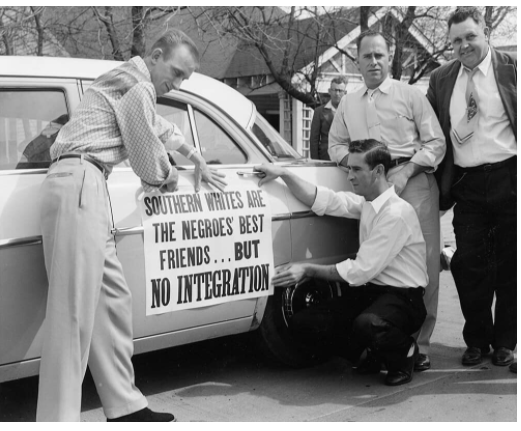 I grew up in the 60s when desegregation debates were at their peek. I remember 6-year-old Ruby Bridges being escorted into school surrounded by Federal Marshalls. My family wasn’t in Mississippi, but I’m pretty certain my parents didn’t want my schools to be integrated either. These were my god-fearing, salt of the earth parents who I adored and who would have done anything to make my life better. They certainly didn’t believe they had been born into privilege. Their parents were farmers and preachers. My father never graduated from high school and joined the Navy during World War II. My mother was a homemaker and considered lucky to be that. We weren't monetarily rich. We were, however, white Americans living the "American dream." This is the "privilege" of which I spoke in my Instagram post.
I grew up in the 60s when desegregation debates were at their peek. I remember 6-year-old Ruby Bridges being escorted into school surrounded by Federal Marshalls. My family wasn’t in Mississippi, but I’m pretty certain my parents didn’t want my schools to be integrated either. These were my god-fearing, salt of the earth parents who I adored and who would have done anything to make my life better. They certainly didn’t believe they had been born into privilege. Their parents were farmers and preachers. My father never graduated from high school and joined the Navy during World War II. My mother was a homemaker and considered lucky to be that. We weren't monetarily rich. We were, however, white Americans living the "American dream." This is the "privilege" of which I spoke in my Instagram post.
When I was in the third grade in 1964, my parents were able to upgrade homes and move into a better school district. One of the perks of this district was that it was outside the city limits for targeted bussing. I remember there being one black girl in our entire high school. ONE! My senior class had 596 students in it. I remember being taught to fear schools on “the other side of town.” The students were purported to be loud and scary and surely would harm a white girl like me if I ventured anywhere alone. These were the stories I was fed by the good people who raised me. The other side of town was equated with danger. These are the messages and inequalities that I'm working to eradicate for myself and others.
My parents came from poor. I was not raised with wealth. I’ve supported myself since I was 19. I’ve never applied for unemployment, always paid my taxes, had adequate healthcare, entered any restaurant or place of worship that I desired, including an African American church that I visited a few years ago. People were kind to me, but I definitely experienced what it felt like to be a minority. One man wouldn’t take my hand when it was time to reach across the aisles during worhsip. I wonder to this day if it was because of the color of my skin or another reason I couldn’t possibly know. Persons of color encounter this form of hyper vigilance most days (if not all) of their lives. They learn to live with racial micro- and macroagressions. White privilege is never having to consider the color of one's skin, because it is the default "color" on which the United States is based.
If a reader experiences anger or discomfort with my statement that says 'I’m privileged,' then my invitation is to consider what's happening internally. Why the response? Could they/you turn up curiosity toward the experience rather than rushing to fix the problem or dismiss my point of view? Curiosity is expansive and generally leads to conversation rather than shutting down. Rigid responses and judgment push empathy to the back seat and often overshadow an issue at hand.
I don’t think my friend was intentionally trying to silence me. Nor do I think her points were without merit. But I keep wondering where her curiosity was. I felt in her response a rush to defend and fix (which is something I notice often occurs when topics feel challenging). I understand responses like "my parents worked hard, they were poor," etc. I, too, have responded that way. And … my friend and I are indeed people of privilege. Unless I'm woefully mistaken, we both have easy access to electricity, running water, quality education, and enough food to eat. We can afford internet and a multitude of other taken-for-granteds that are out-of-reach items for many. We have the ability to write blog posts and scroll through Facebook and volunteer in places where people are hungry, poor, and less educated. Call it fortunate or blessed or privileged, but it is not the status quo for far too many people. [I invite you to pause for a moment and place yourself in this scenario, then consider if your notion of privilege could use an adjustment.]
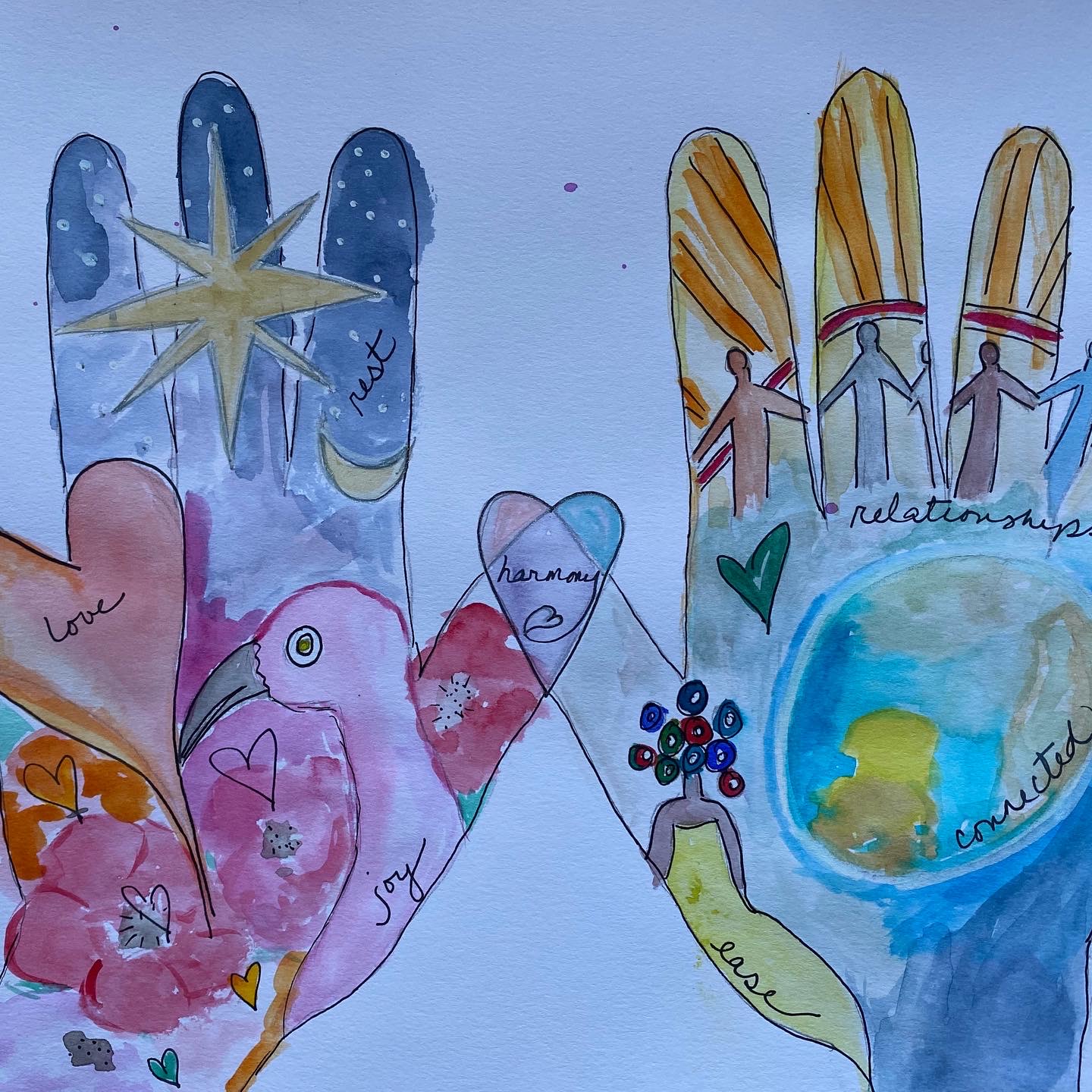 Our societal system is messed up (to put it mildly). I don't disagree with my reader’s point that we cannot underestimate the importance of the family unit and education. It’s often a circular conversation without easy answers, which is why I'm choosing to broaden my perspectives via a variety of sources and multiple voices (including those who challenge me). If individual outcomes are the result of personal choice, then I believe privilege means more (and often better) choices are available. Should we be able to penalize a child for being born poor? Or declare someone "less than" because of the color of their skin?
Our societal system is messed up (to put it mildly). I don't disagree with my reader’s point that we cannot underestimate the importance of the family unit and education. It’s often a circular conversation without easy answers, which is why I'm choosing to broaden my perspectives via a variety of sources and multiple voices (including those who challenge me). If individual outcomes are the result of personal choice, then I believe privilege means more (and often better) choices are available. Should we be able to penalize a child for being born poor? Or declare someone "less than" because of the color of their skin?
I, for one, choose to pay closer attention and take action where I can to help truly achieve equality for all. Maybe righting injustice does come through volunteering where there is need. Perhaps it's through studying and educating ourselves. Peaceful protests. Asking questions. Listening to a different opinion. I definitely believe curiosity and conversation are essential tools. There is no single way to do this necessary work, but for me, complacency is no longer an option and I hope it isn't for you either. #knowbetterdobetter
Thanks for Reading!!
RESOURCES to explore ...
Eula Bliss interview "Talking about Whiteness" with Krista Tippett, On Being
Brené Brown, Unlocking Us podcast
The Next Question: Episode One - Segregation is Still Here
Mockingbird History Lessons for Adults
Anti-Racism Daily Investigage School District Funding Disparities
On the lighter/novel side:
The Water Dancer by Ta-Nehisi Coates
 Education,
Education,  Privilege,
Privilege,  Resistance,
Resistance,  Resources,
Resources,  Social Justice,
Social Justice,  choice
choice 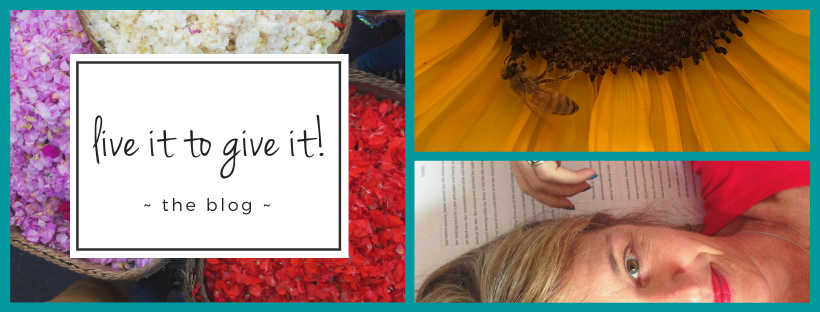
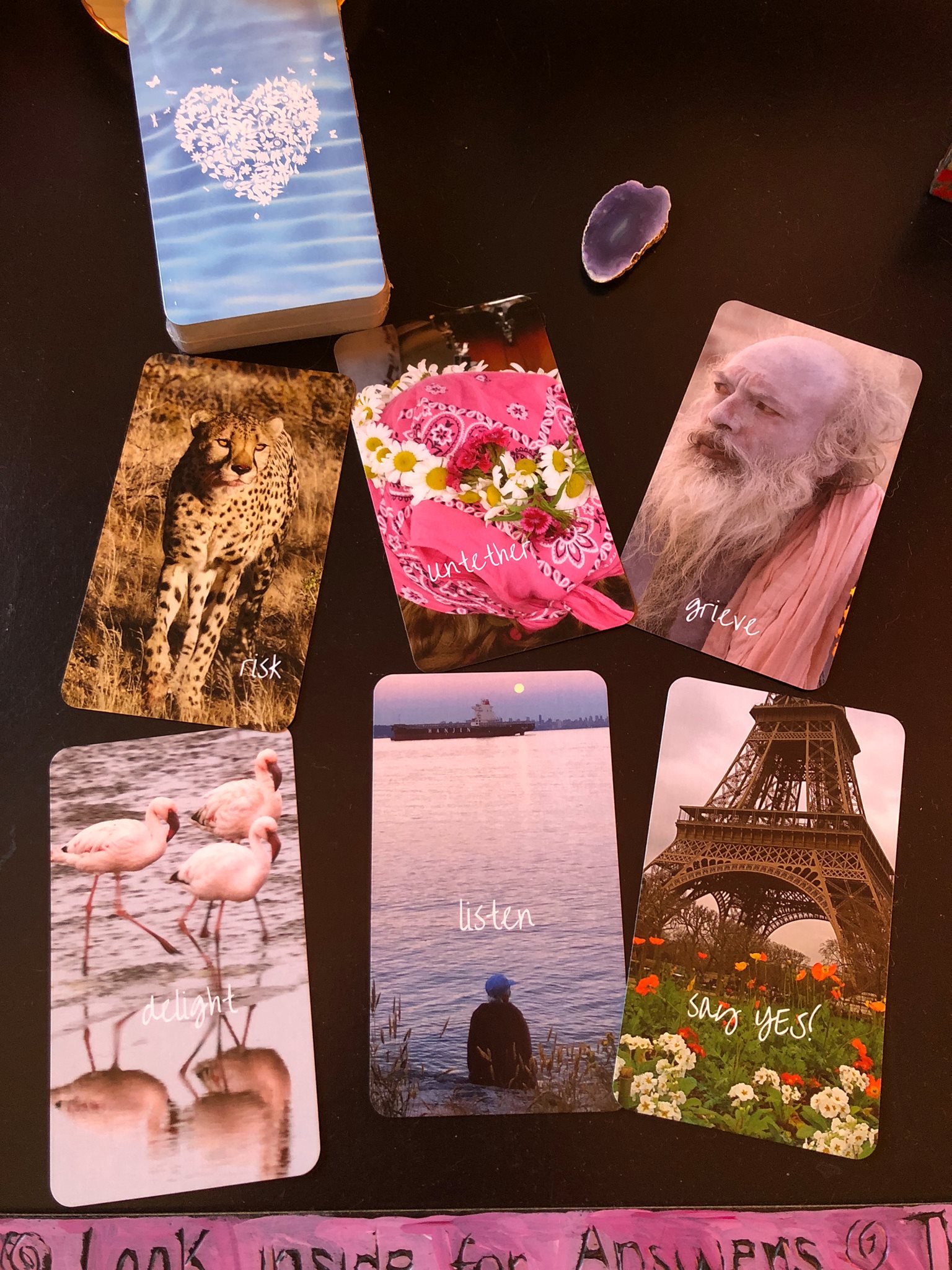
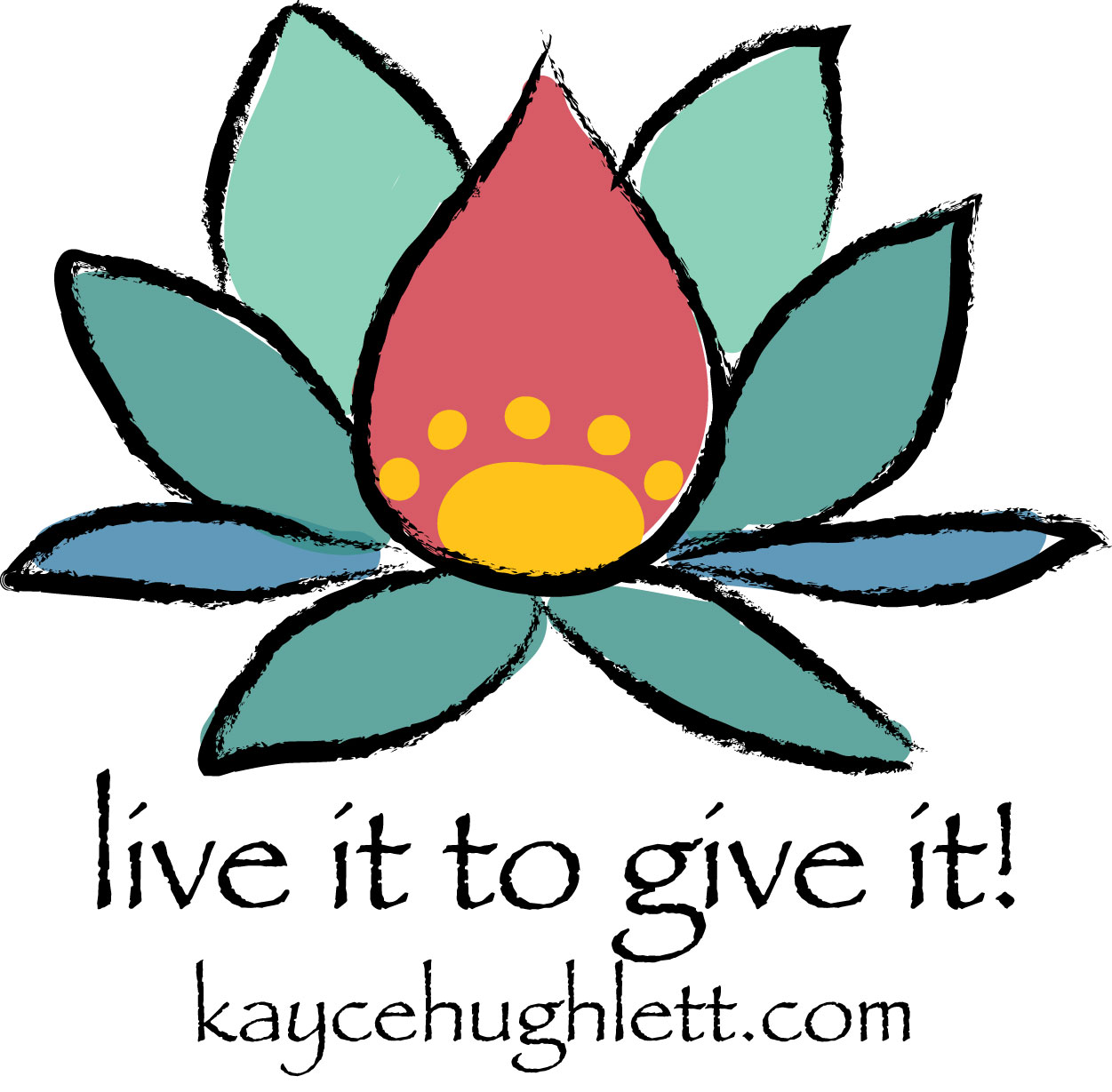

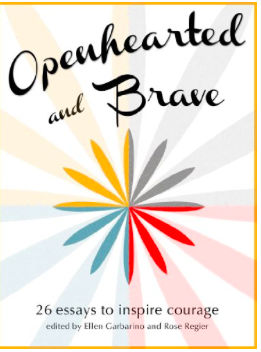
Reader Comments